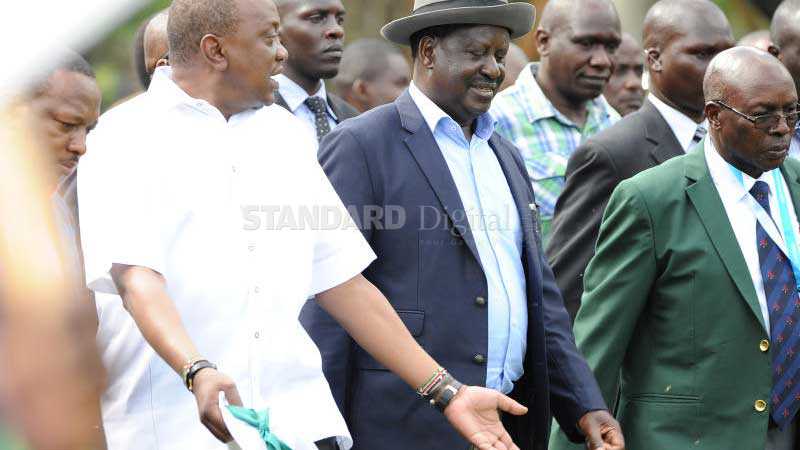×
The Standard e-Paper
Fearless, Trusted News

Just when we thought that the political class had chosen to put behind their differences for the sake of the country, a new round of skirmishes erupted.
The war of words between the Deputy President William Ruto and former Prime Minister Raila Odinga is worrying and risks turning back the clock to times Kenyans would wish to forget.